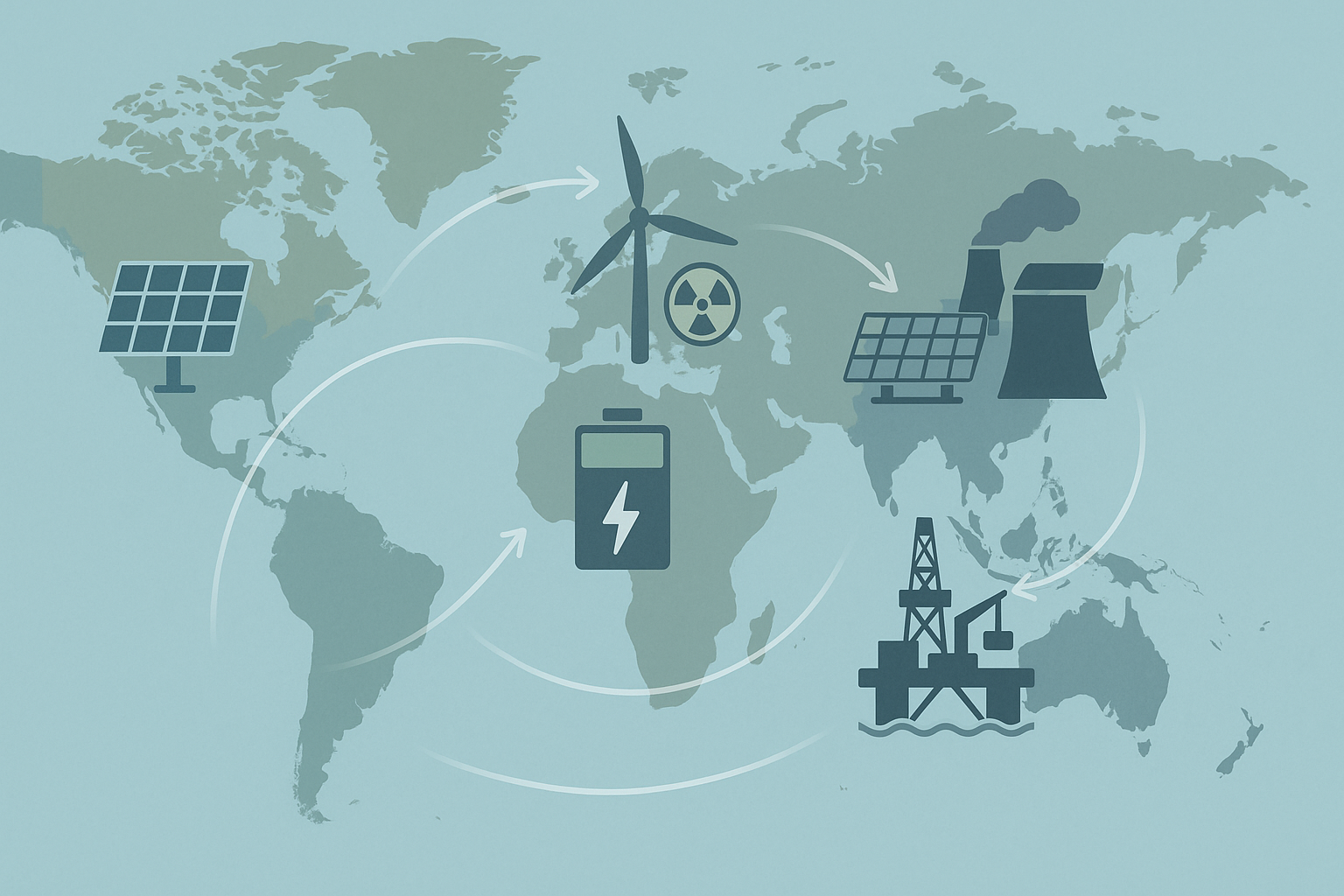The energy landscape is shifting beneath our feet in 2025, creating both challenges and opportunities for consumers, investors, and policymakers worldwide. The proposed phaseout of solar tax credits in the U.S. is just one piece of a much larger puzzle that's being rearranged in real time.
I've been tracking energy markets for over a decade, and I can't remember a time with this many crosscurrents. Oil prices have stabilized around $75/barrel - not high enough to trigger demand destruction, but sufficient to keep production flowing. Natural gas has decoupled from oil in interesting ways, with regional price differences creating arbitrage opportunities that weren't possible five years ago.
"Energy markets are at a crossroads," Dr. Robert Green from Global Energy Insights explained when I called him yesterday. "The tension between sustainability goals and energy security concerns is reshaping investment patterns globally."
That tension is playing out differently across regions. Europe, still traumatized by its recent energy crisis, is doubling down on both renewables AND nuclear power - a pragmatic approach that prioritizes independence from Russian supplies. Meanwhile, China continues its massive renewable buildout while simultaneously constructing new coal plants - a contradiction that makes perfect sense when energy security is the primary goal.
What's particularly fascinating to me is how technological advances are outpacing policy frameworks. Battery storage costs have fallen another 18% in the past year alone, making renewables plus storage increasingly competitive without subsidies. Small modular nuclear reactors are finally moving from concept to reality, with the first commercial deployment expected next year.
For consumers, these shifts create both opportunities and confusion. The payback period for residential solar has shortened dramatically in most markets (though the proposed tax credit changes could alter that math). Electric vehicles continue to gain market share, with charging infrastructure finally catching up to demand in most urban areas.
The fossil fuel industry isn't going quietly into the night, either. Major oil companies have pivoted to emphasize their role in the transition - BP's recent announcement of a $5 billion investment in hydrogen infrastructure shows how traditional energy players are evolving rather than resisting change.
Looking ahead, I expect continued volatility as these various forces collide. Policy shifts like the solar credit phaseout will create winners and losers, but the broader transition toward cleaner energy seems irreversible at this point - driven as much by economics as by environmental concerns.
For anyone with stakes in the energy sector (which, directly or indirectly, is all of us), staying informed about these rapidly evolving dynamics isn't just interesting - it's essential.
